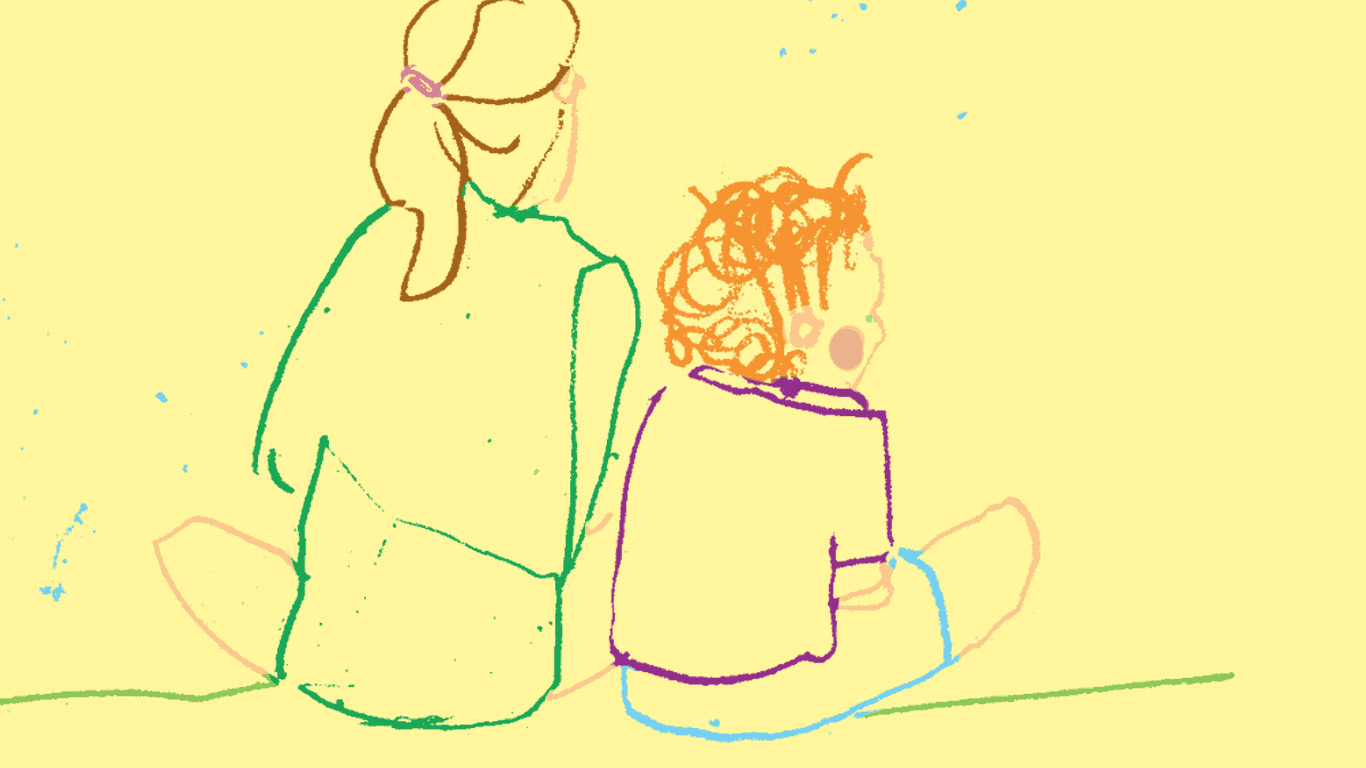Jeffrey Weiss thinks that Peter Jackson doesn’t understand the moral universe of J.R.R. Tolkien. That’s a thesis that I wholeheartedly endorse. But not quite in the same way that Weiss does, or at least not with the same bit of evidence.
Login to read more
Sign in or create a free account to access Subscriber-only content.
